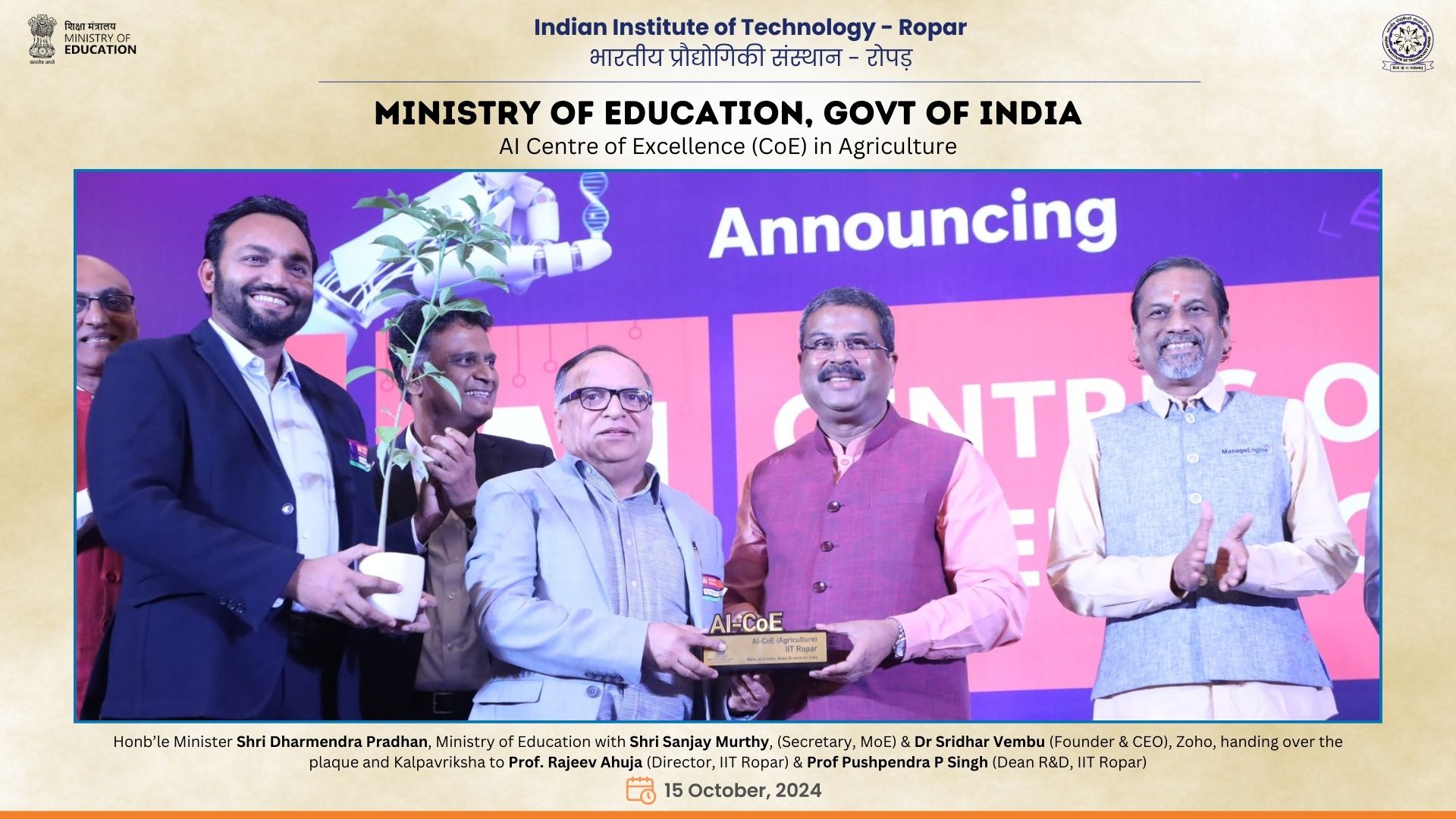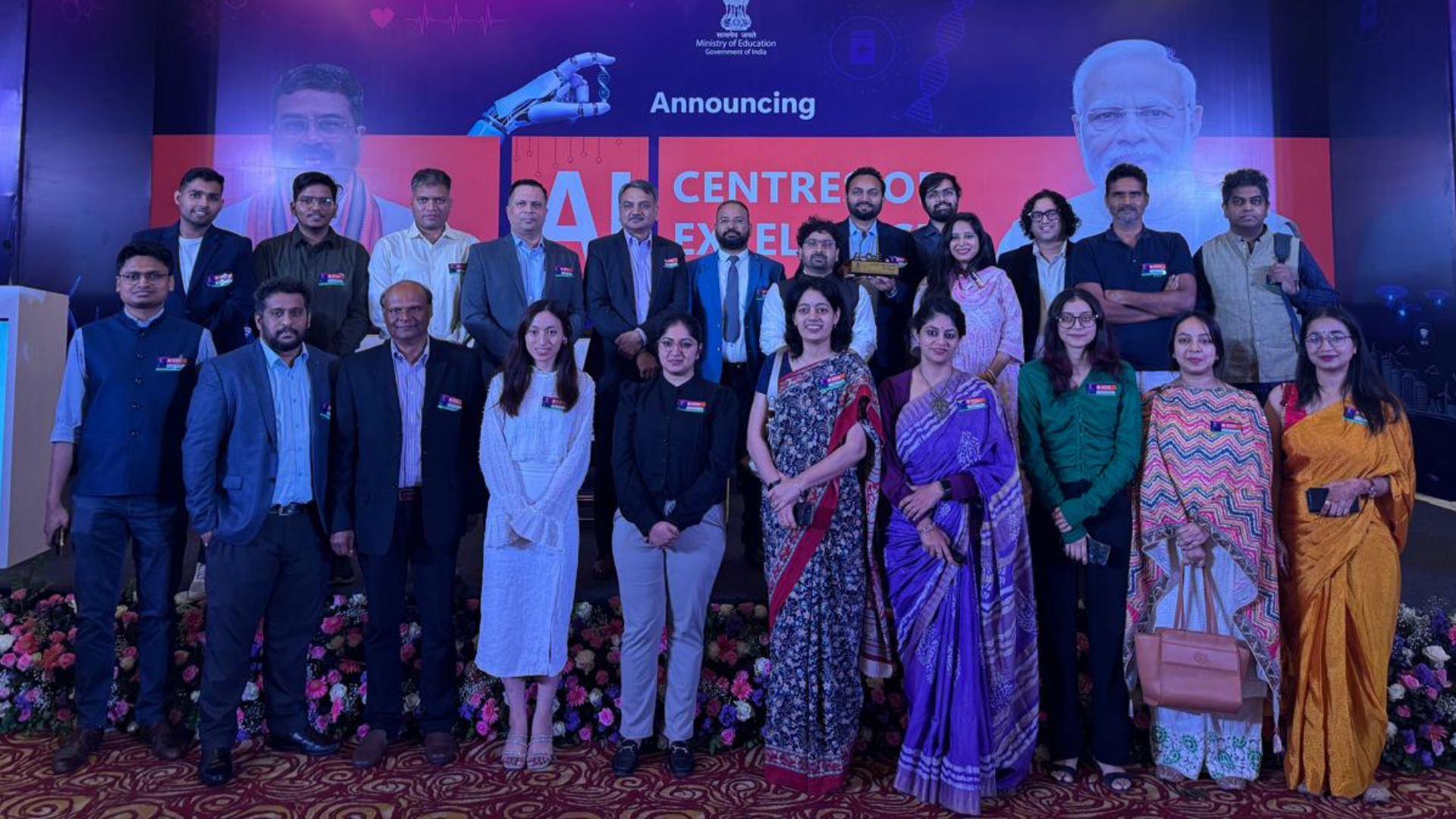

About IIT Ropar
Indian Institute of Technology (IIT) Ropar is a hub of innovation and technological advancement in India. The institution places a strong emphasis on fostering cutting-edge research and development, with a focus on addressing real-world challenges through technology. It offers a conducive environment for innovative thinking, featuring state-of-the-art laboratories and research facilities. IIT Ropar actively collaborates with industry leaders and other reputed institutions globally, ensuring a rich exchange of knowledge and technology transfer. Its initiatives in promoting technology include incubating start-ups, hosting hackathons and innovation challenges, and offering specialized programs in emerging fields such as artificial intelligence, robotics, and sustainable technology. The commitment to promoting technology at IIT Ropar is reflected in the numerous impactful projects and innovations emerging from the institute, which contribute significantly to the technological landscape of the nation and beyond.
About AI-CoE

AI Centres of Excellence (AI CoEs) are vital for fostering innovation, interdisciplinary research, and scalable AI solutions tailored to societal challenges. Focused on areas like agriculture, healthcare, and sustainable cities, AI CoEs enable cutting-edge applications that enhance productivity, improve quality of life, and address sustainability goals. They facilitate collaboration between academia, industry, and government, leveraging advanced computing infrastructure and data-driven insights to solve critical problems. By nurturing talent, driving entrepreneurship, and delivering impactful research, these centers play a crucial role in positioning nations as global leaders in AI, ensuring the technology’s benefits reach diverse communities
Why Agriculture?
A Centre of Excellence (CoE) for Agriculture is essential for revolutionizing the sector through innovative and sustainable solutions. Agriculture faces challenges like unpredictable weather, declining soil health, water scarcity, pest infestations, and supply chain inefficiencies. An Agriculture CoE leverages cutting-edge technologies like AI, IoT, and remote sensing to address these issues comprehensively.
By integrating traditional knowledge with real-time data, it can optimize resource use, predict crop yields, improve soil regeneration, and provide precise weather-related advisories. These advancements directly benefit farmers by increasing productivity, reducing losses, and ensuring food security. Additionally, it fosters collaboration among academia, industry, and policymakers, creating scalable, data-driven solutions for a resilient agricultural ecosystem. This ensures long-term sustainability and aligns with global efforts to combat food insecurity and climate change